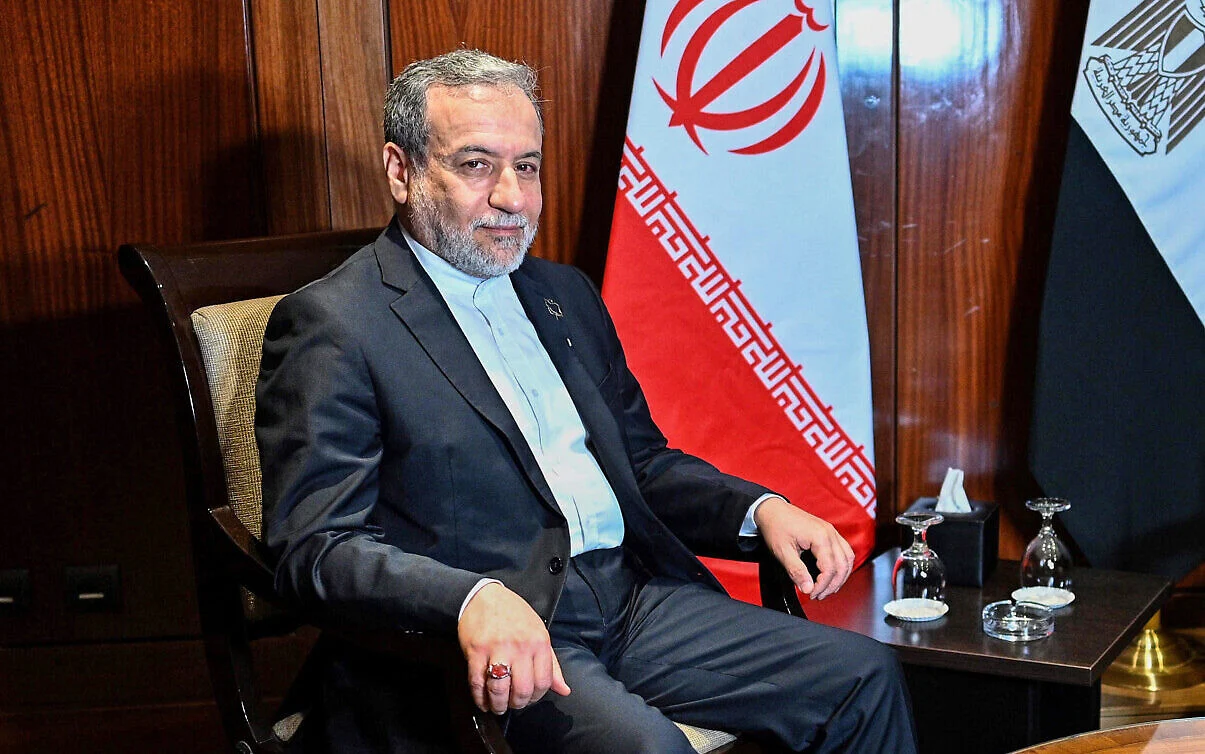Iran has flatly rejected the latest US nuclear proposal, calling it a “non-starter” and reaffirming its hardened stance in ongoing efforts to revive the 2015 nuclear agreement, formally known as the Joint Comprehensive Plan of Action (JCPOA). According to a senior Iranian diplomat, the offer falls short of meeting Tehran’s minimum expectations and fails to address key sanctions relief.
This development signals yet another setback in the long-running nuclear negotiations between Iran and the West, underscoring how far apart the two sides remain.
What’s Behind Iran’s Rejection?
The Iranian diplomat, who spoke on condition of anonymity, said the US proposal lacks “serious guarantees” and does not ensure the lifting of major economic sanctions. In Tehran’s eyes, the proposal not only lacks substance but also represents a step backward from previously negotiated frameworks.
“Iran will not accept a deal that offers less than what was on the table in 2022,” the diplomat noted, referring to earlier rounds of discussions that had shown more promise.
The US Perspective
Washington has not officially commented on the rejection but has repeatedly emphasized that diplomacy remains the preferred path forward. US officials have maintained that their proposals are designed to curb Iran’s nuclear activities in exchange for measured sanctions relief. However, critics argue the US approach has lacked the flexibility needed to bring Iran back to compliance.
A Deal That Keeps Slipping Away
The 2015 nuclear deal began unraveling in 2018 when the Trump administration unilaterally withdrew from the agreement and reimposed sweeping sanctions. Since then, Iran has steadily ramped up its nuclear activities, including enriching uranium well beyond the limits set by the deal.
With this most recent rejection, hopes for a swift return to the agreement seem increasingly dim.
What’s Next?
Iran’s dismissal of the US nuclear proposal marks a turning point—though not an unfamiliar one. Diplomats on both sides may continue to engage behind the scenes, but public statements like these suggest that neither side is willing to budge without major concessions.
Observers warn that continued failure to reach a deal could increase regional tensions and push Iran closer to nuclear weapons capability—something Tehran denies it is pursuing.
Final Thoughts
As Iran labels the US nuclear proposal a “non-starter,” the chances of reviving the JCPOA appear slim. Unless one side reconsiders its red lines, the stalemate is likely to persist. In a geopolitical landscape already rife with uncertainty, the breakdown of nuclear diplomacy adds yet another layer of complexity.



